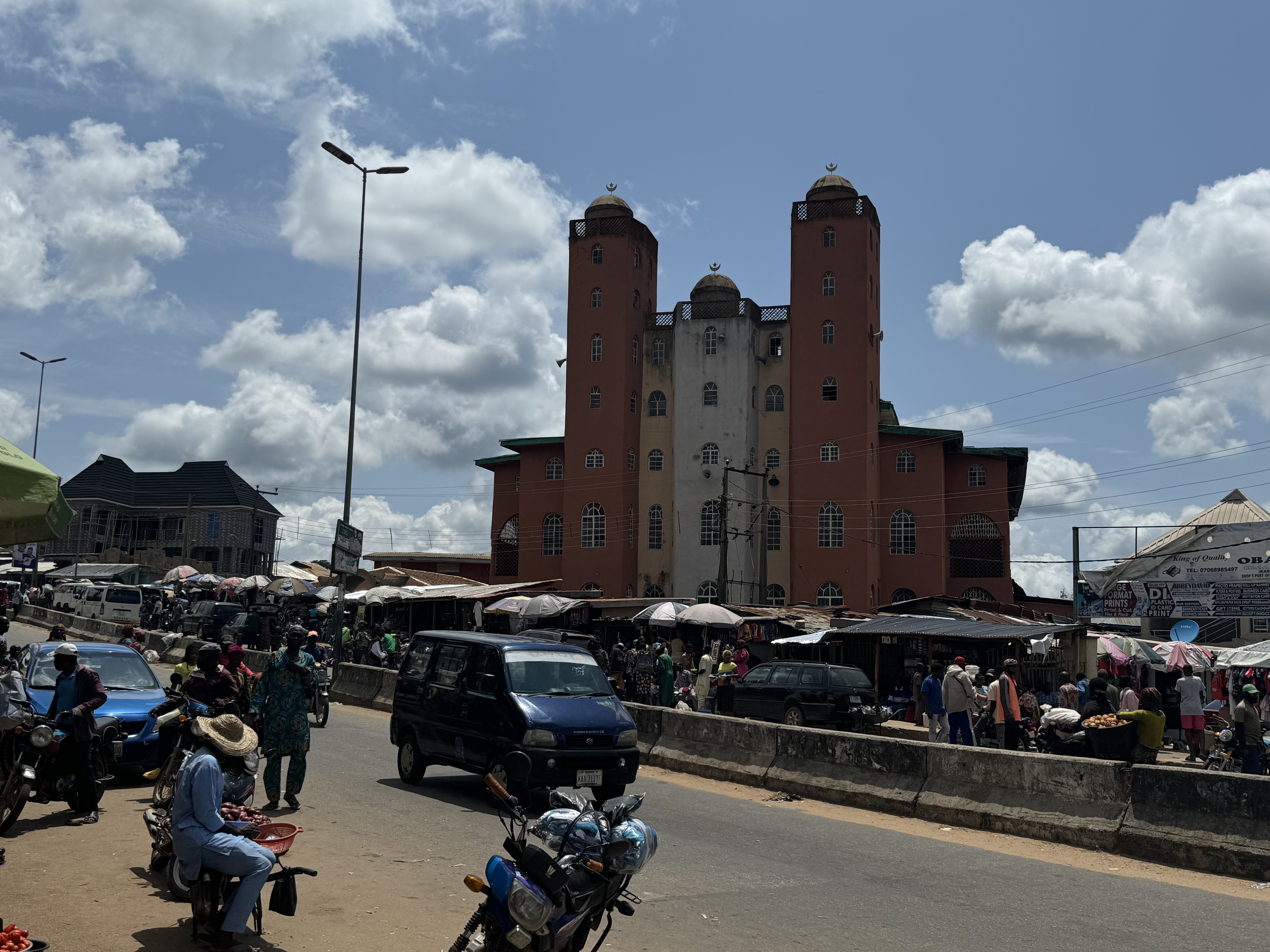Overcoming Suspicion: My Challenging Fieldwork with Fulani Herdsmen in Ikare-Akoko
Despite being introduced by a leader in the Fulani herders community who was known to the members in Ikare-Akoko, my encounter with them was nearly ruined by suspicion by the herders about my mission. Given the sensitive nature of my research and in the context of a recent security incident, community members, most of whom I didn’t expect to meet but were invited by my host, first sought to clear all doubts about my mission. One of them asked whether I had come to seek information regarding a recent security incident in their community. Of course, I didn’t know anything about this incident and responded as such. Unconvinced, I spent the next minutes identifying myself and mentioning individuals within the community with whom I had spoken to win them over. When that happened, the interview proceeded as expected, and I spoke with three very generous people.
However, I kept reflecting on this incident because I had visited several other Fulani herders communities across the Southwest before this community. I also considered my contact within the Miyetti Allah community to be robust – going all the way to its national leadership. Besides, the community member who introduced me spoke with my host earlier in the day, twice before my arrival. It turns out that there was a recent violence involving herders from their community, a sensitive security matter they were not prepared to discuss. It was this incident I had zero knowledge of they thought I had come to enquire about.
Sometimes, we go to the field believing we have the right contacts, but this experience underscores that knowing someone or being introduced by someone within the community might only get one leg in the door. Yet, this access may not adequately address community members’ concerns about a stranger’s presence. In these moments, patience and perseverance become crucial, as they did in my case.
Although I consider my encounter with the Fulani Herdsmen in Ikare-Akoko successful, I do not have a general rule for overcoming situations like this. However, being receptive to their concerns and transparent about your mission is crucial. It’s not just about what you’re doing but why you’re doing it. However, I suspect none of these strategies would have been enough if community leaders had not introduced me. Their introductions reassured the community members and helped me navigate the suspicion.

